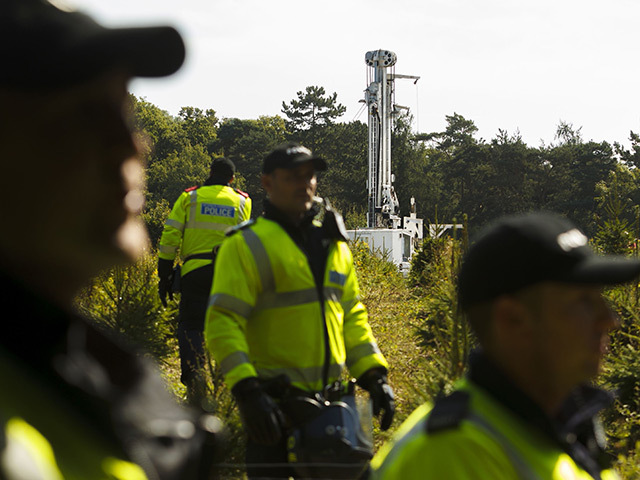
The biggest barrier to Scotland exploiting its shale gas opportunities is political will, warns a leading fracking expert.
Professor Becky Lunn, who heads up the Department of Civil and Environmental Engineering at the University of Strathclyde, said politicians and anti-fracking groups needed to ask themselves where the required future energy baseload will come from if not from shale gas or nuclear power.
She said the country will remain reliant on gas until heating systems change – in 2012 heat accounted for 46% of total non-transport use, with 80% of that heat produced from gas.
“If we want to remove our dependence on gas, we need to do something to remove our dependence on gas central heating,” said Lunn at a Scottish Parliament briefing on shale gas last month.
She said the rapid uptake of renewables would not tackle the reduction in energy baseload expected to come as a result of future nuclear decommissioning plans and new EU regulations now forcing many coal-fired power plant closures.
According to Lunn, even if Holyrood meets its 2020 renewable energy targets, the country will still face an overall energy deficit of about 13GW (gigawatts).
“We need to produce more energy that will contribute to baseload,” said Lunn.
“There are probably some tough decisions that are going to be required.”
She said failure to produce more gas in Scotland would result in further reliance on imports – the latest UK Government figures reveal the country was a net importer of gas in 2013 – which creates issues around energy security.
“We could become reliant on other nations for energy security and in doing that we devolve responsibility to others with environmental regulation.”
She said the extent of Scotland’s shale gas reserves would become clearer once BGS publishes its desk-based study of the country’s resources in April this year.
Thereafter, exploration wells will need to be drilled to test for and prove up resources.
“The political process is the biggest issue in terms of timescale,” said Lunn.
The event, organised by the Institution of Engineering and Technology, was attended by representatives from the SNP, Conservatives, Labour and Green parties.
The Tory Murdo Fraser and Labourite Iain Gray spoke out in support of the technology.
However, Chic Brodie from the SNP said there were too many unanswered questions surrounding the technology.
Patrick Harvie from the Green Party said the focus should be on reducing energy consumption rather than adding another carbon-based energy production method into the mix.
